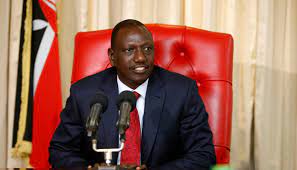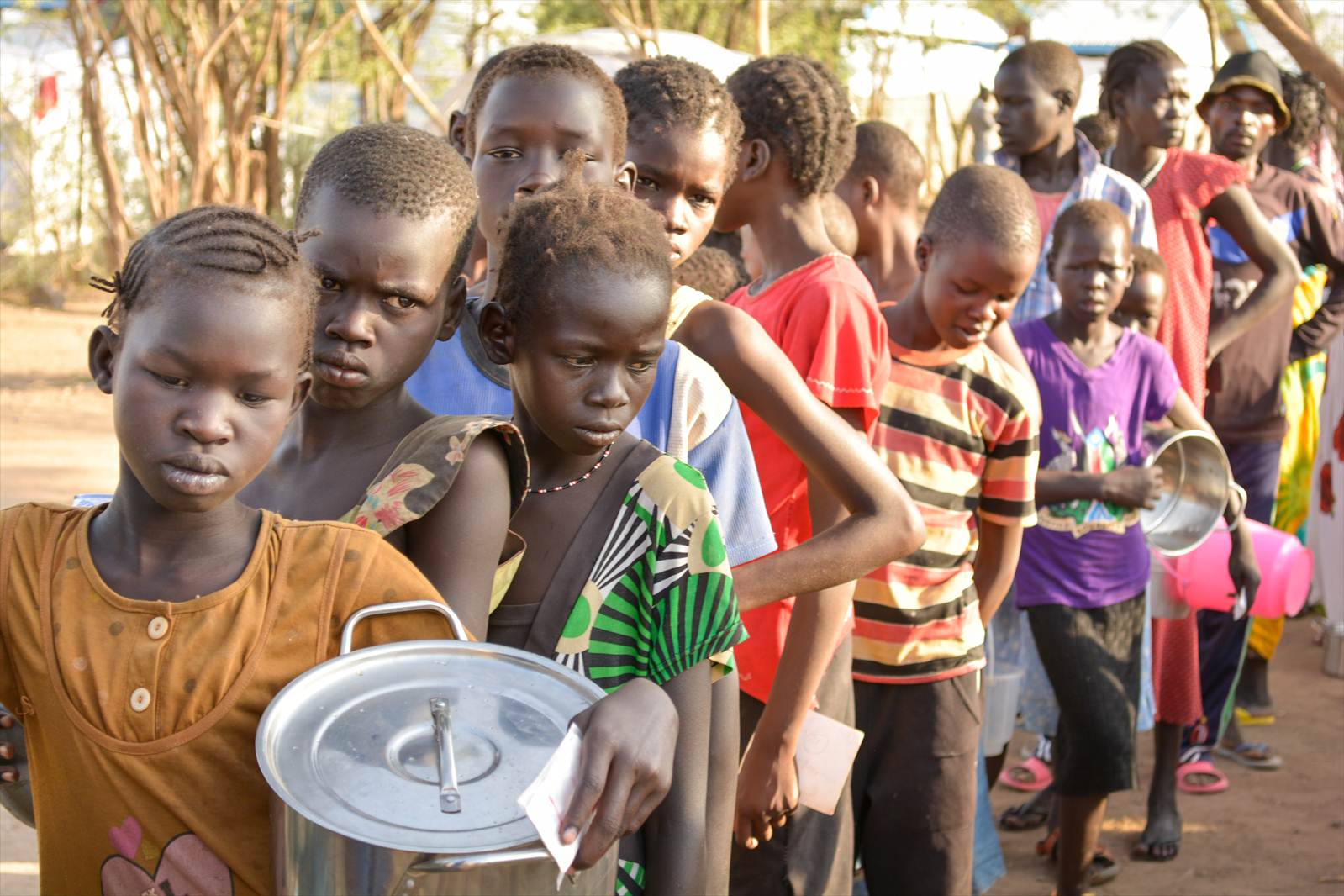Kenya’s Deputy President Vows To Deport Chinese Traders If Elected
By AFP
Kenya’s Deputy President William Ruto has said he would deport Chinese nationals in jobs that could be done by locals if he wins elections in August, sparking a mixed reaction online.
East Africa’s biggest economy will hold presidential and parliamentary polls on August 9, against a backdrop of economic hardship in the wake of the Covid pandemic and the war in Ukraine.
“That Chinese nationals are roasting maize and selling mobile phones, we will deport all of them back to their country,” Ruto said at an economic forum on Tuesday as campaigning gears up for the high-stakes vote.
“All those businesses are for Kenyans,” he said.
“Do not be worried about the foreigners engaged in those businesses. We have enough aeroplanes to deport them.”
The 55-year-old former agriculture minister is seeking to succeed President Uhuru Kenyatta who must stand down after serving the maximum of two five-year terms.
“There is a level of business that is not allowed by law for someone to come from China to do,” Ruto said, without elaborating.
The Chinese embassy in Nairobi has not responded to a request for comment.
China is Kenya’s second-largest lender after the World Bank and has funded a number of costly infrastructure projects that have raised concerns about Nairobi taking on more debt than it can afford.
Like other African nations, Kenya has been turning to China for investment, technology, equipment and personnel to develop its infrastructure.
But the planeloads of workers from China into Africa’s fragile labour markets have created unease, with some complaining that they are taking jobs from locals.
Debt mountain
The remarks drew a mixed reaction online.
“We owe China trillions, by doing that, we will strain our relationship with the country and they will also seek a knee jerk reaction for loan repayment,” one user said on Twitter.
Others agreed with Ruto’s proposals.
“Good move, nothing of the sort happens in other countries. Local jobs cannot be taken over by foreigners,” another user tweeted.
Beijing funded Kenya’s most expensive infrastructure project since independence, loaning $5 billion for the construction of a railway line from the port city of Mombasa to Nairobi and the Rift Valley town of Naivasha that opened in 2017.
It has rejected suggestions its extensive lending was trapping cash-strapped governments in debt dependency.
Ruto — a former street hawker turned top-ranking politician — has been campaigning on a pledge to help “hustlers” trying to make ends meet in a country ruled by “dynasties”.
He has lambasted Kenyatta over his economic policies, including the country’s huge debt burden of almost $70 billion, vowing to undo them if he wins power in August.
Kenya’s unemployment rate stood at 6.2 percent in 2021, according to the latest government data released in May, although the true figure is believed to be much higher.
The finance minister in April unveiled a $28 billion budget aimed at helping the economy recover after the Covid-19 pandemic threw hundreds of thousands of people out of work.




